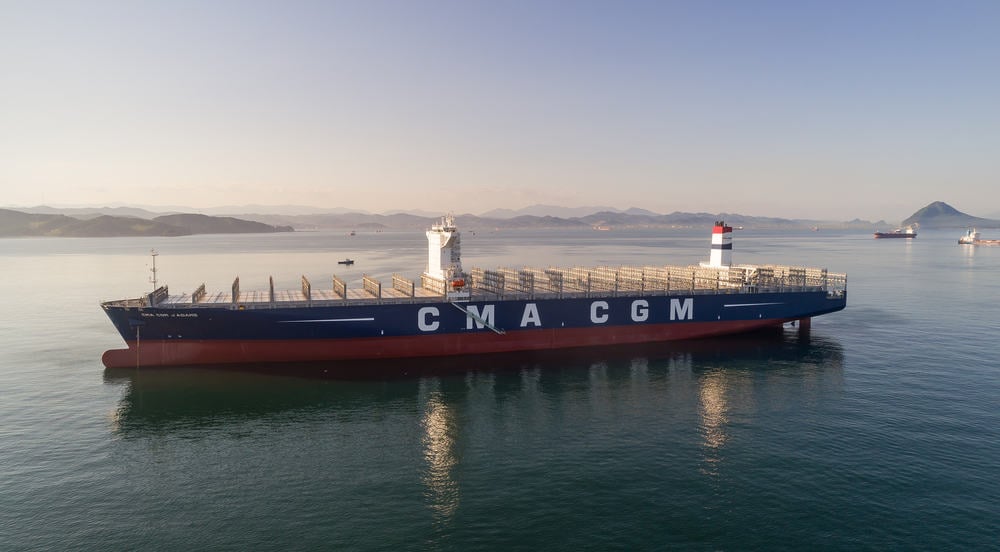As the world economy grows faster than ever before, the shipping industry has no choice, but to catch up with the speed of change. Over the years, strong demand for international trade has led to an increase in the size of shipping vessels. This maximizes the benefit for economies of scale. In the past, “Megaships” were built to address the demand for larger container vessels. However, as economies grow ever more rapidly, a larger generation of container ships will be needed: ultra-large container ships.
The capacity of ultra-large container vessels currently ranges from 14,000 TEUs to 21,000 TEUs. This capacity is nearly two times more than the most commonly-used vessels.
In 2018, a record high amount of ultra-large container ships are expected to take their places in oceans. Now, we will take a look at the possible effects of this new trend.
Here are some advantages, and disadvantages, for having a larger number of ultra-large container ships within the shipping industry:
Advantages of ultra-large container ships
- Larger vessel sizes are expected to drive a boom in overall demand. The increasing popularity of ultra-large container ships is expected to increase so-called “seaborne trade.”
- Huge export volumes from countries will increase demand for creating more plants in several countries. This will also drive demand of sourcing out raw materials.
- Ultra-large container ships will also benefit transpacific shipments, helping to contribute to the progress of developing countries.
- In the sense of economy of scale – with the larger capacity, more containers will be carried with less number of vessels, leading to a decreased environmental impact.
Disadvantages of ultra-large container ships
- Port limitations is one of the most immediate challenges that ultra-large container ships may face. Larger vessel sizes may lead to longer wait times at loading, trans-loading, or discharge ports.
- Larger sizes will result in more complex operational processes. (Placement, distribution, and handling of the containers)
- Complex and hard operational processes may lead to increased risk for operators and owners.
- Increased cargo space may force carriers to reduce prices from time to time, in order to maximize vessel capacity efficiency, especially in less busy seasons. This situation may result in price fluctuations throughout upcoming years.
Ultra-large container ships are considered one of the most important recent developments in the shipping industry.
Having the many advantages discussed above in mind including economies of scale, they have many challenges need to be considered and analyzed as well.




